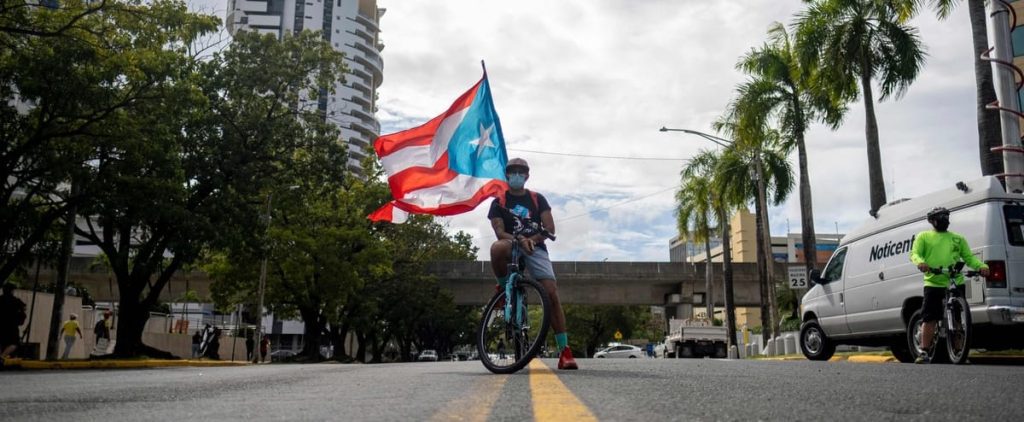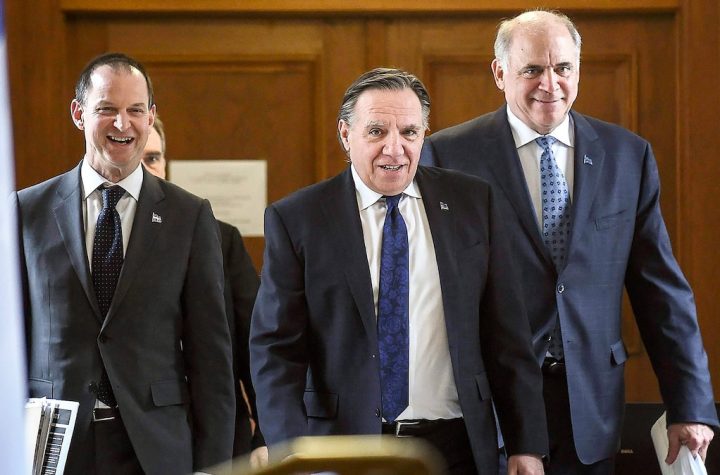
The US House of Representatives voted Thursday in favor of a bill that would allow Puerto Rico to hold a binding referendum on its political status, but the bill is unlikely to pass the Senate.
Puerto Rico, an American territory in the Caribbean, has its own constitution and autonomy in many areas, but depends on the United States for things like defense or immigration.
Puerto Ricans are also US citizens, but they cannot participate in the country’s presidential elections and their representatives do not vote in Congress in Washington.
This referendum is about Puerto Rico becoming the 51st US state, gaining its independence or becoming a sovereign territory freely associated with the United States. It may happen in November 2023.
“Adopted! The United States House of Representatives yes (to the bill) will allow the decolonization of Puerto Rico and bring us closer to equality,” the island’s governor, Pedro Pierluisi, responded on Twitter.
The text “gives Puerto Ricans the opportunity to make their own decision about the future of their island”, Steny Hoyer, the leader of the Democrats in the House of Representatives, who worked on the bill, announced on the social network. .
With 233 votes in favor (including 16 Republicans) and 191 against, the text now heads to the Senate, where passage requires a qualified majority of 60 votes out of 100, a difficult threshold to reach.
Many Republicans have long opposed statehood for Puerto Rico.
This is the fourth time the lower house has passed a bill aimed at holding such a referendum, while the Senate has rejected it three times.
In the last non-binding referendum on the island’s status in November 2020, 53% voted in favor of statehood and 47% against, with just over half of registered voters participating. .
Puerto Rico has been a US territory since 1898.
The island’s political status has been a matter of debate for decades. Mr. Pierlusi’s New Progressive Party (NPP) argued for an American state. The People’s Democratic Party, the opposition party, argued for the status quo.





More Stories
How List Acquisition Helps Your Political Campaign Become Successful
Four escaped cows were caught
A simple administrative decision? | Press